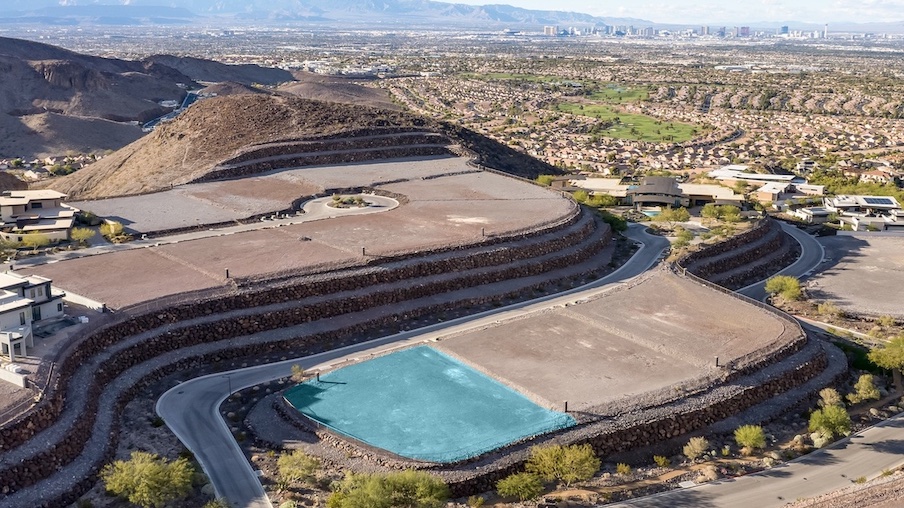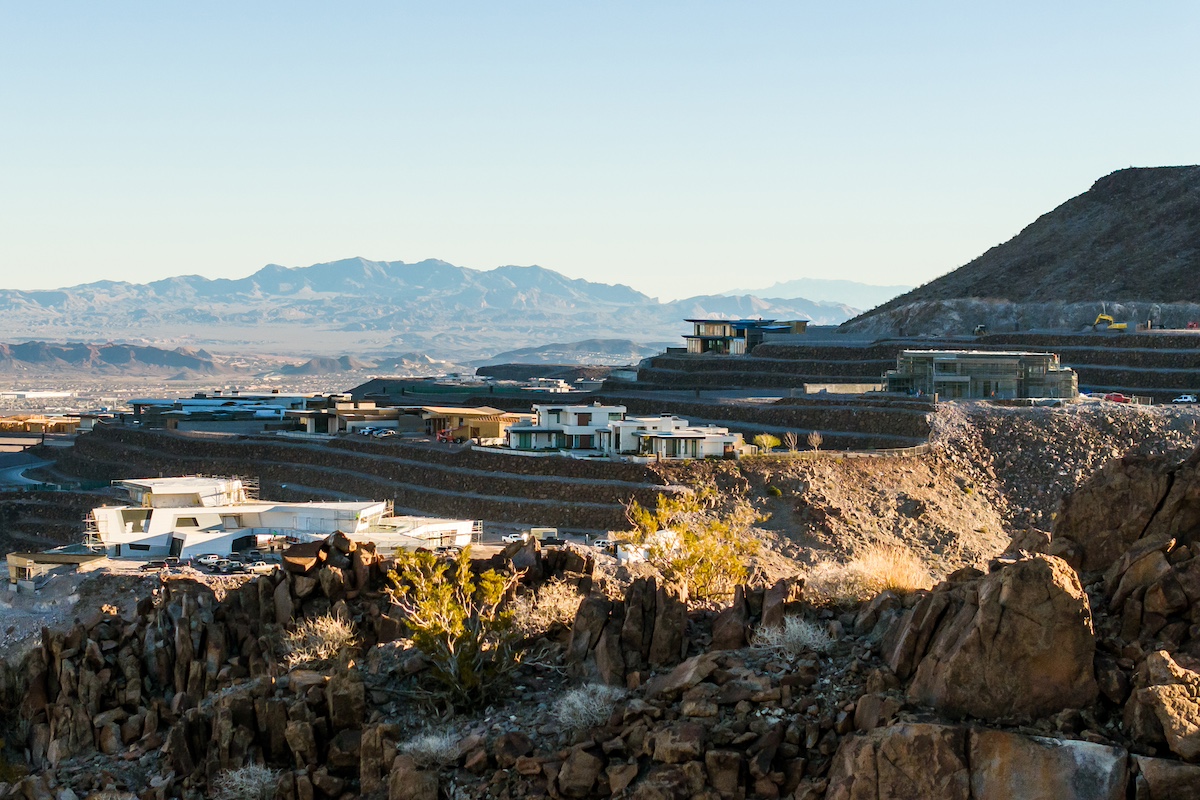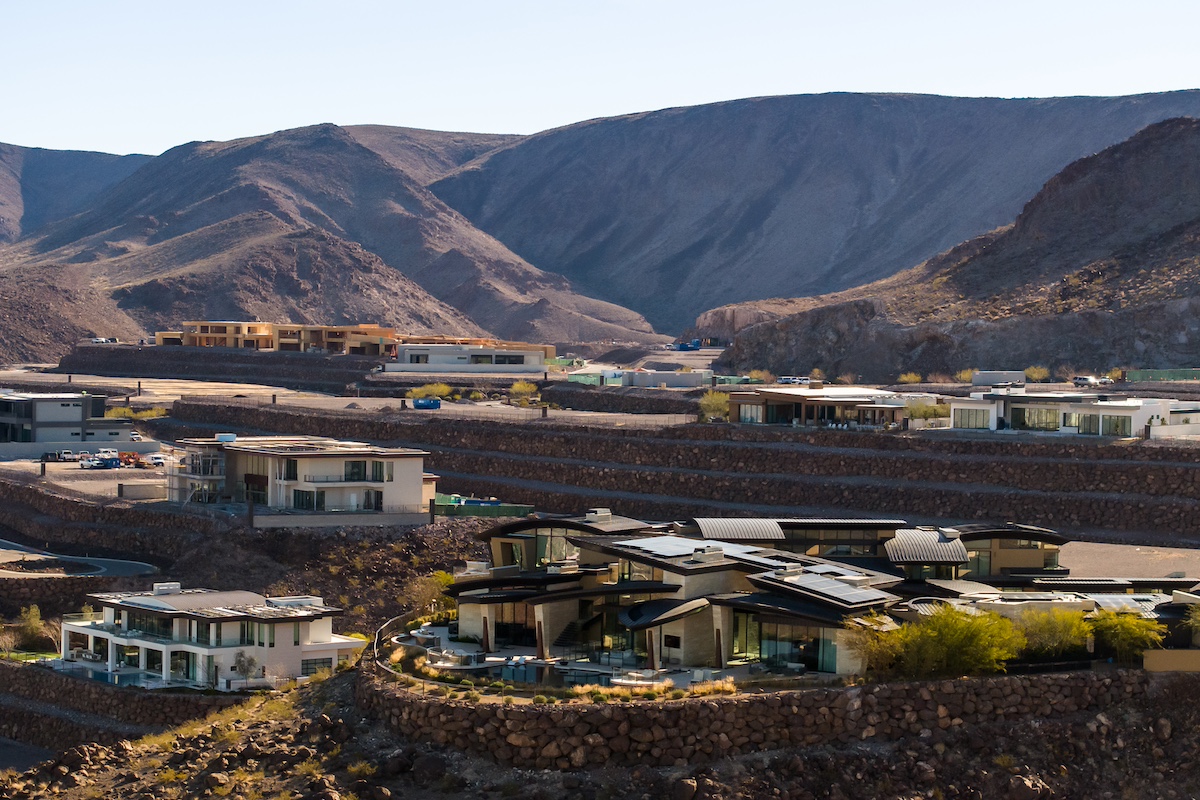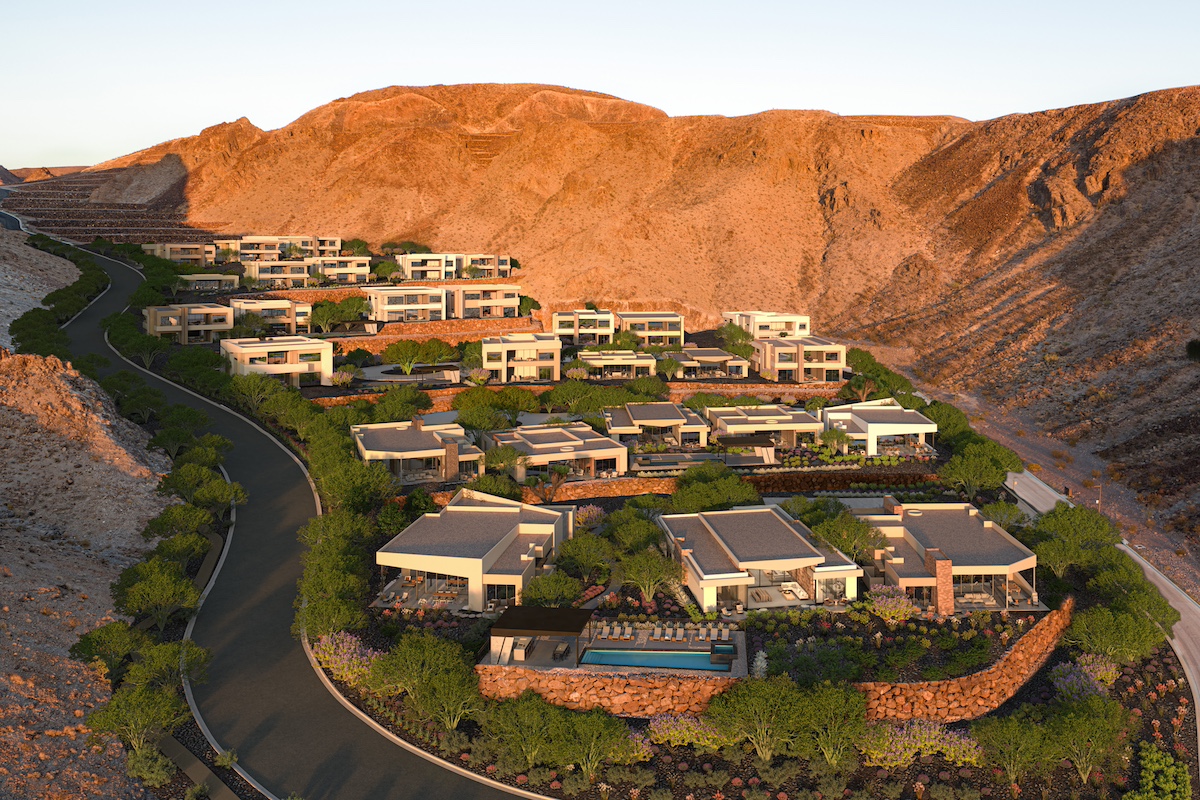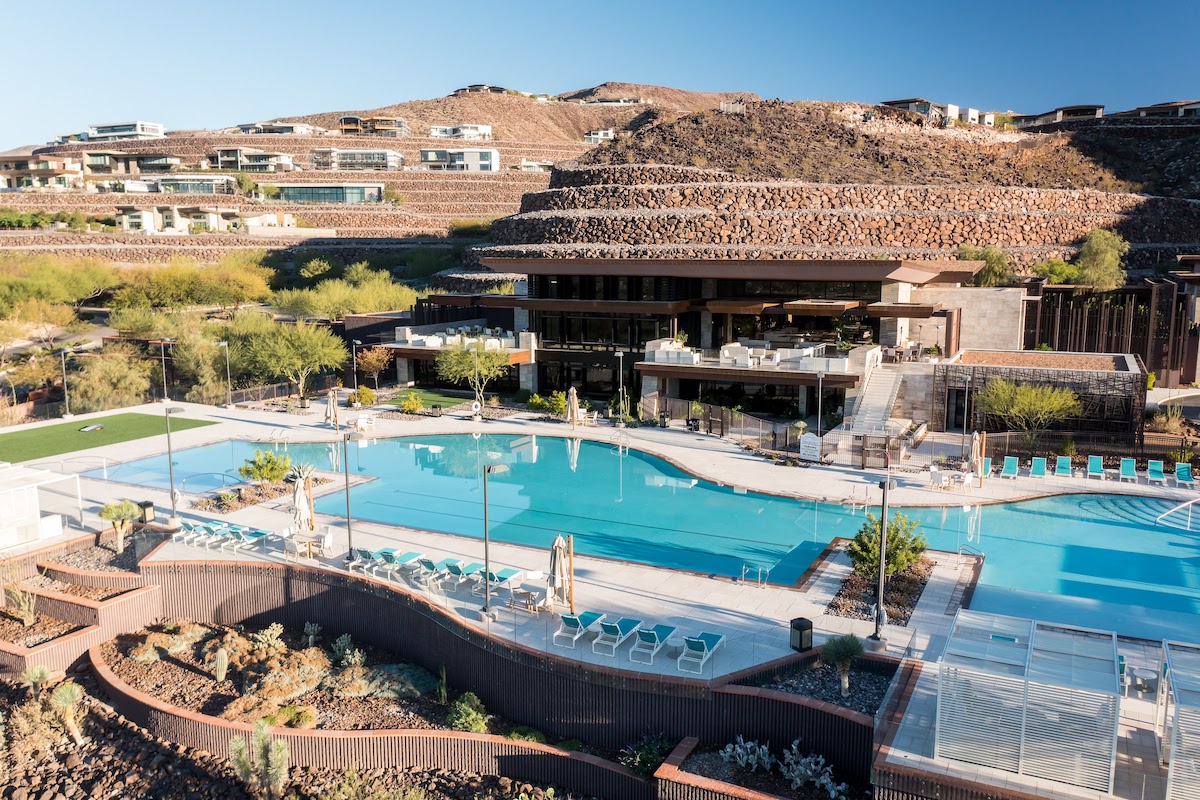For those looking to invest in high-end real estate in the U.S. but are hesitant to part with their cash in the face of stock market volatility, the rewritten federal tax code enacted last year and a widely cooling luxury real estate market, now is the time to turn to the second-tier cities of Las Vegas, Nashville, and Arlington, Virginia.
These smaller cities, commonly referred to as “secondary cities,” are proving to be veritable pockets of prime real estate opportunity, as luxury and ultra-luxury homes are selling for higher prices, in greater numbers and in quicker time.
There are “great buys and there’s a great opportunity,” in the three cities, according to Stephanie Anton, president of Luxury Portfolio International.
“Two years ago would have been a better time [to invest]. But waiting two more years would be a mistake,” she told Mansion Global.
The overall luxury market is witnessing the opposite of the trio, with falling asking prices and declining sales becoming a hallmark of the sector.
Asking prices for high-end homes dropped 3.6% in the year to January across the 88 markets nationwide that realtor.com tracks for their luxury market report.
(Mansion Global is owned by Dow Jones. Both Dow Jones and realtor.com are owned by News Corp.)
The total number of million-dollar homes sold across those 88 markets dropped 3.3% in the same time, the slowest pace of luxury sales growth since July 2016.
However, Las Vegas, Nashville and Arlington are bucking the wider trend due to favorable tax conditions and a healthy economy, including incoming tech giants, according to experts.
“In the cities that are standing out, the local governments have been proactive in planting seeds to attract new business and industry,” said Jonathan Miller, chief executive of real estate appraisal firm Miller Samuel. “Job creation and wage growth are the core drivers of a housing market, and it doesn’t happen overnight. It’s a combination of planting the seed of industry and expansion, combined with the same thing for housing supply.”
Also helping to power the markets are buyers looking to have good quality of life, according to Ms. Anton, and with remote work and flexible professional settings so commonplace, “people can live where they love,” she added.
Smaller cities are “catching on” and “growing up,” Ms. Anton said. “I think they’ll continue growing. The outlook is better than in the more mature markets, where people are leaving.”
Las Vegas
In Las Vegas, the median asking price for a luxury home—defined as the top 5% of the market—was $1.15 million in March, an 8% increase year over year, with homes selling 21 days, or 18%, faster, according to data provided to Mansion Global by realtor.com.
But while the luxury market is performing well, the ultra-luxury sector in Las Vegas is booming.
As of January, the benchmark for ultra luxury—defined as the top 1% of the market—stood at $1.56 million, an increase of 44.8% year over year, the data show.
But in March, the median listing price for an ultra-luxury home in the city was $4 million, up 23.1% year over year, with homes selling 31 days, or 21.2%, faster than the previous year.
Overall, million-dollar sales in Las Vegas were up 3.5% in the fourth quarter 2018 compared to the same time in 2017.
Las Vegas is a city “really benefiting from overflow,” Javier Vivas, director of economic research at realtor.com, told Mansion Global.
Increased migration from the nearby, high tax and wealthy Bay Area is “driving the interest,” in the luxury market, he said.
Nevada has no income tax and some of the lowest property tax rates in the U.S.
“A lot of buyers from other [high-tax areas] are saving tens, if not hundreds of thousands of dollars,” Mr. Vivas said.
